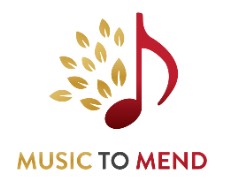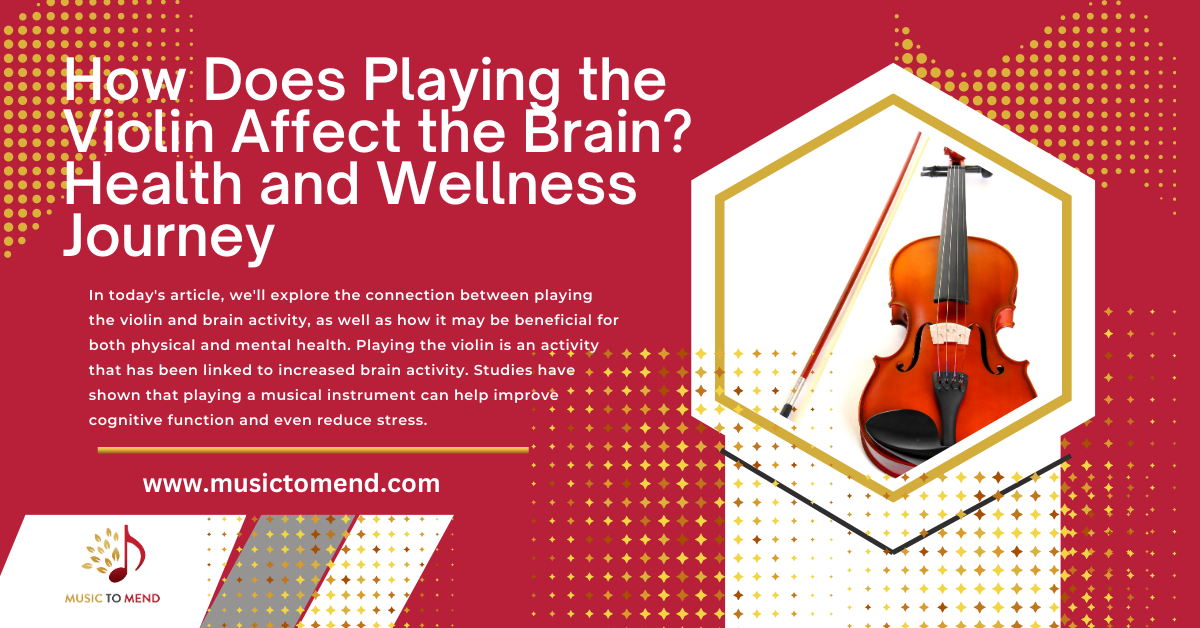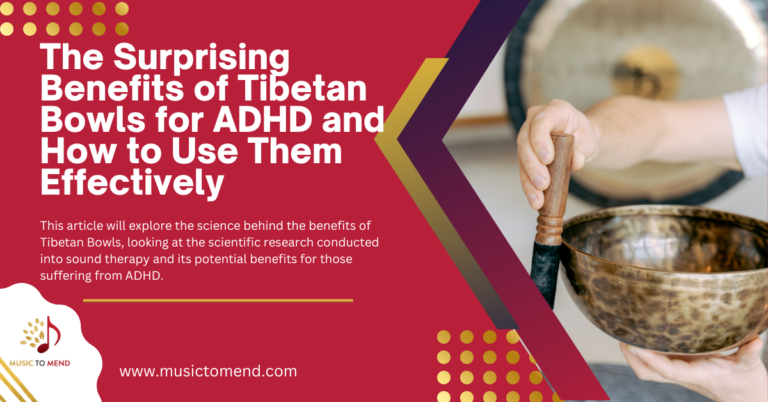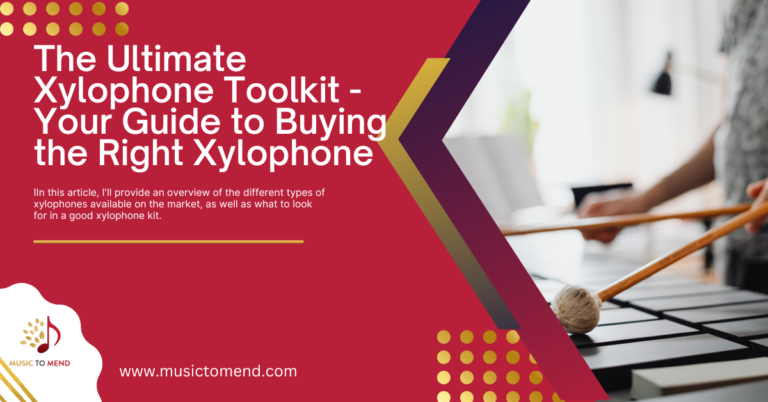How Does Playing the Violin Affect the Brain? Health and Wellness Journey
ES: Reflection of the Sun – Hanna Ekstrom
In today’s article, we will explore the connection between playing the violin and brain activity, as well as how it may be beneficial for both physical and mental health. Playing the violin is an activity that has been linked to increased brain activity. Studies have shown that playing a musical instrument can help improve cognitive function and even reduce stress. It has also been suggested that music as therapy, which involves playing a musical instrument, can help people with certain mental health issues. Furthermore, research has revealed that playing the violin can lead to changes in brain activity, which can have positive effects on memory and concentration. Playing the violin for about 45 minutes to an hour twice a week can lead to changes in brain waves, which increase concentration and memory retention. In addition, regular use of “mindfulness” through playing or teaching children to play can also have positive effects on mental health. This is due to an increased sense of focus and concentration as well as higher levels of serotonin and dopamine (both neurotransmitters), which in turn can lead to a reduction in stress and higher levels of happiness.
How Does Learning to Play the Violin Affect Your Brain?
Learning to play the violin has been found to have profound effects on the brain. Studies have shown that musical learning and practice can cause changes in the structure and function of the brain, leading to improved cognitive abilities. This article will discuss how learning to play the violin affects your brain, including how it can improve your memory, concentration, creativity, and more. It will also explore some of the potential benefits of regular violin practice, such as increased self-confidence and improved emotional regulation.
The Benefits of Playing Violin for Mental Well-Being and Cognitive Functioning
Playing the violin is an excellent way to improve mental health and cognitive functioning. Research has shown that playing the violin can have a positive effect on memory, concentration, and overall mental wellbeing. It has also been found to be beneficial for people suffering from anxiety, depression, and other mental health issues. Additionally, it can help improve cognitive functioning by increasing alertness, focus, and creativity. All of these benefits make learning to play the violin a great way to boost your mental health and cognitive functioning.
Neuroplasticity and Music Training – How Does This Help?
Neuroplasticity is the brain’s ability to change and adapt in response to experiences. It is a major factor in how we learn and remember, and it explains why learning a musical instrument can be so beneficial. Music training has been found to help improve cognitive skills, such as reading and math, as well as social-emotional skills, like empathy and self-regulation.
Playing an instrument requires creating neural pathways between the auditory cortex (which processes sound) and the motor cortex (which controls movement). This connection helps with memory formation, coordination, attention, problem-solving, language processing, and more. When these neural pathways are strengthened through music training, it can lead to more efficient communication between different parts of the brain. This helps with learning new skills more quickly and efficiently.
What Are The Long-Term Benefits Of Learning To Play The Violin?
Learning to play the violin can bring many long-term benefits. It is an engaging activity that can help to improve your musical memory recall, hand-eye coordination, and auditory learning. Playing the violin also helps to develop a deep appreciation for music and its various genres.
Playing the violin requires concentration and practice, which can help sharpen focus and concentration skills. By learning how to play the instrument, you will gain a greater understanding of music theory as well as an appreciation for different styles of music. Additionally, playing the violin is a great way to exercise your creativity, as you are able to compose original pieces or learn covers of popular songs.
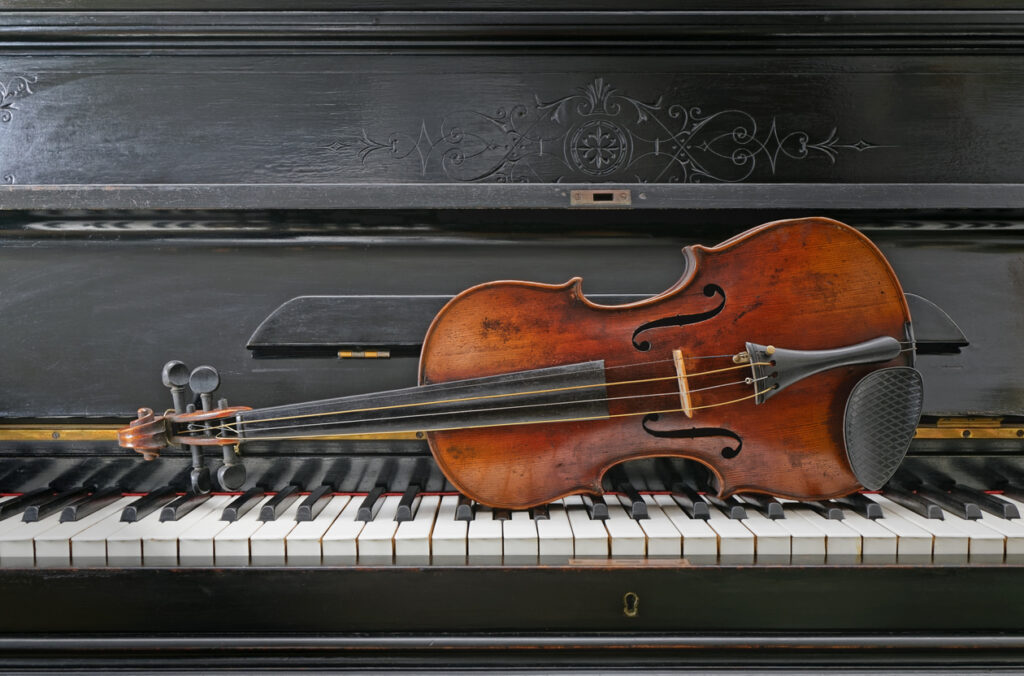
The Power of Music in Helping Manage Symptoms & Pain Relief
Music has a powerful ability to help manage physical and emotional symptoms, as well as provide pain relief. It is especially beneficial for children who are suffering from illness or injury. Musical healing power has been proven to reduce stress, lower blood pressure, improve cognitive function and even reduce the need for medication. Music can also be used to enhance physical therapy by encouraging movement and improving coordination. By creating an atmosphere of relaxation, music can help people cope with their pain or illness more effectively. Music can also be used to distract from negative thoughts and emotions that may arise during difficult times.
I hope this article was helpful and informative. The violin has been used for centuries, and I hope you consider learning to play it.
Until next time, stay well and happy music-playing!
Bea
